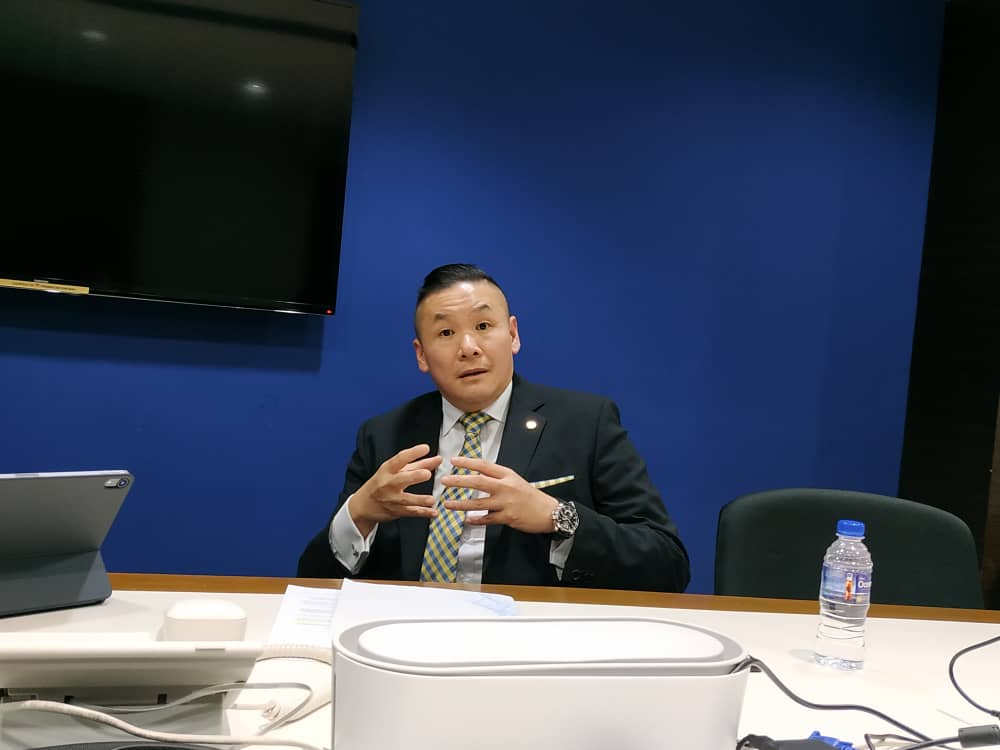KUALA LUMPUR, Nov 20 — The Pharmaceutical Association of Malaysia (PhAMA) has reiterated its stance that regulating drug prices will not improve affordability, but may harm rural doctors and pharmacists instead.
The group representing multinational pharmaceutical corporations in Malaysia claimed that only 14 per cent of Malaysia’s total health care costs is attributed to the cost of medicines.
“PhAMA would like to reiterate that Medicine Price Control is a short-term solution to complex health care challenge and may lead to unintended consequences. For example, it may lead to closure of community pharmacists and clinics in rural areas,” tweeted PhAMA.
Private general practitioners (GPs) have previously said that impending drug price regulations may cause closures of their clinics because their business primarily relies on selling medicines, since their consultation fees are capped by legislation. The government also recently decided not to raise clinic family physicians’ consultation fees that have been capped at the same rate of RM10 to RM35 since 1992.
“Controlling medicine prices in private health care will not solve the core issue of improving affordability. Do you know that cost of medicine only accounts for 14 per cent of the total healthcare cost? Improving health care efficiency is a better approach,” said PhAMA.
PhAMA also added its position paper on the issue in the tweet.
“While PhAMA is aligned and supports the government’s vision of improving access to medicines, we would like to point out that the decision to impose price control was made without proper and meaningful consultation with various stakeholders in the industry made up of local and international suppliers, distributors, general practitioners, private hospitals and community pharmacists,” the paper read.
The association also suggested an alternative approach to address the issue.
“Instead of Medicines Price Control, we advocate for the declaration of wholesale prices in a free market as this will allow the government to establish a baseline price which would encourage even more competition amongst medicine manufacturers,” the paper read.
“This is aligned to Good Pharmaceutical Trade Practices (GPTP), issued by the Pharmaceutical Services Programme) of the Ministry of Health.
“This guideline is towards ensuring good trade practice across the pharmaceutical distribution chain including that medicines needed for quality health care shall be affordable and accessible to all.”
In October, PhAMA, which represents 48 local and multinational pharmaceutical companies in Malaysia, told the Health Ministry that they were willing to declare wholesale drug prices to it, in a bid to stave off proposed medicine price controls.
The association revealed that the Health Ministry was planning to regulate the prices of 400 molecules in the first phase of price controls that targets innovative drugs, out of over 1,200 registered molecules that are used in both original and generic medicines. According to PhAMA, these 400 innovative molecules only account for 3 per cent of Malaysia’s total health care cost.







